Carson City, NV Drug & Alcohol Treatment Centers
Looking for help with addiction in Carson City, NV?
Insurance
Treatment Programs
Looking for help with addiction in Carson City, NV?
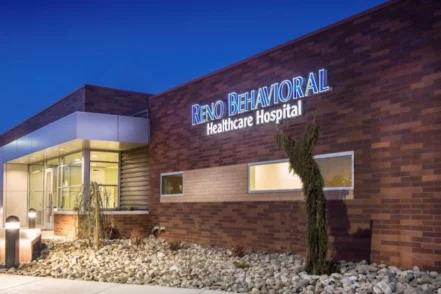
6940 Sierra Center Parkway Reno, Nevada 89511

900 East Long Street Carson City, Nevada 89706

1101 W. Moana Lane Reno, Nevada 89509

230 East Liberty Street Reno, Nevada 89501

2501 North Green Valley Parkway, Building D Suite 116-118 Henderson, Nevada 89014

3661 South Maryland Parkway, Suite 64 Las Vegas, Nevada 89169

530 Melarkey Street, Suite 206 Winnemucca, Nevada 89445
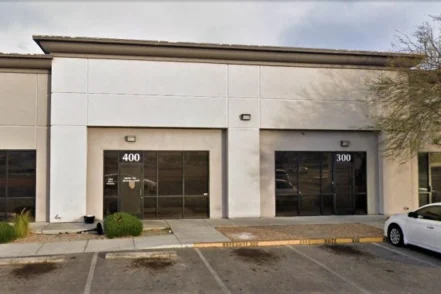
3470 West Cheyenne Avenue, Suite 400 North Las Vegas, Nevada 89032

2465 East Twain Avenue Las Vegas, Nevada 89121

1001 North 4Th Street Las Vegas, Nevada 89101
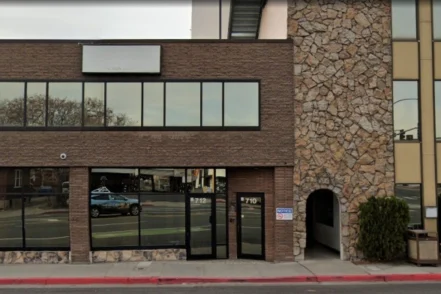
704 Mill Street Reno, Nevada 89502
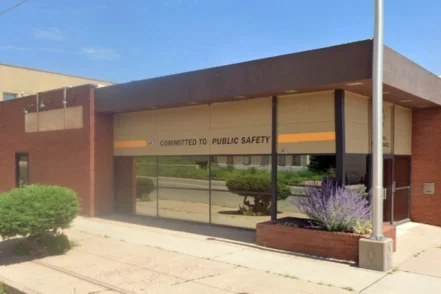
624 University Avenue Las Vegas, Nevada 87701
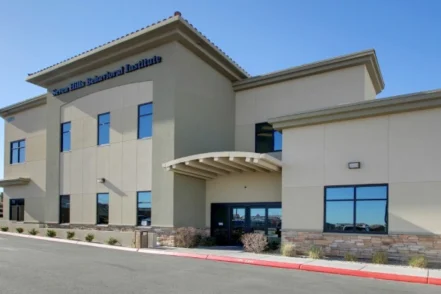
3021 West Horizon Ridge Parkway Henderson, Nevada 89052
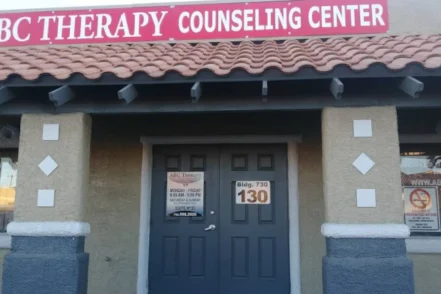
730 North Eastern Avenue, Suite 130 Las Vegas, Nevada 89101
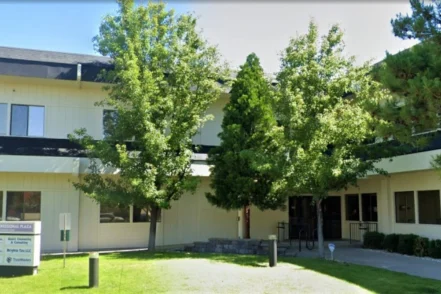
3500 Lakeside Court, Suite 101 Reno, Nevada 89509